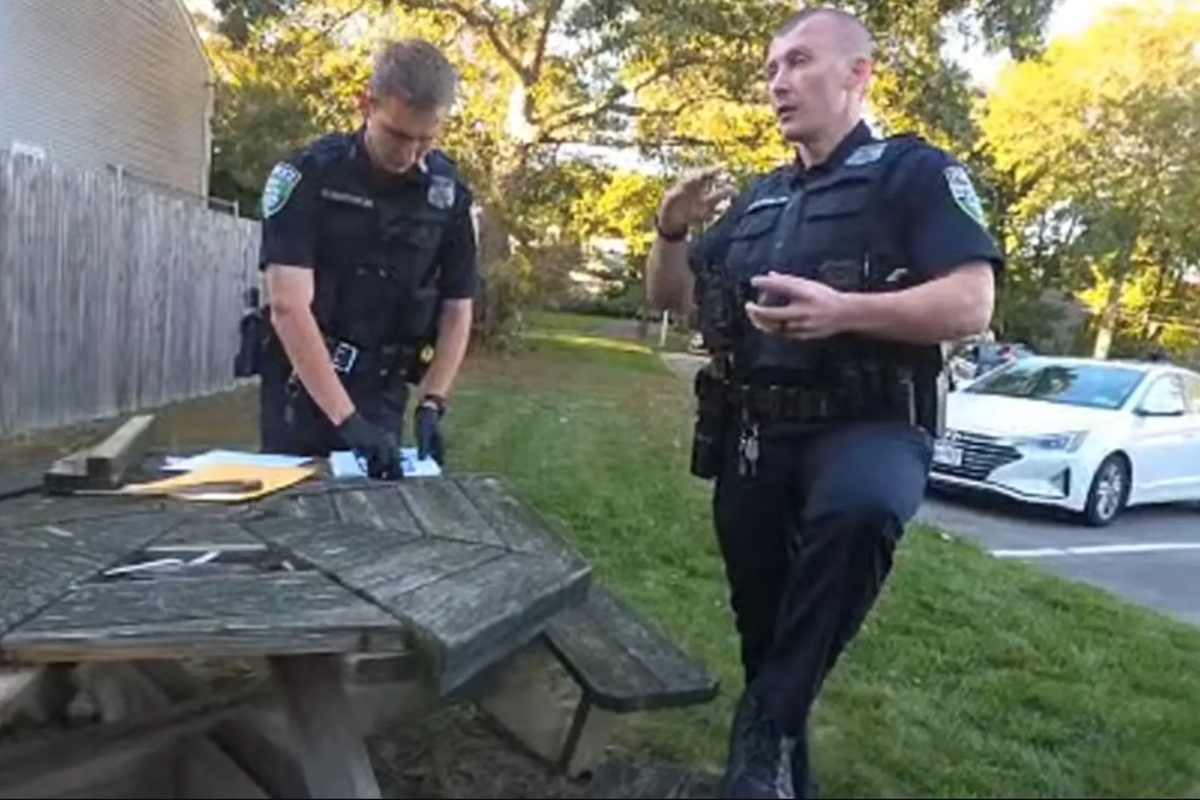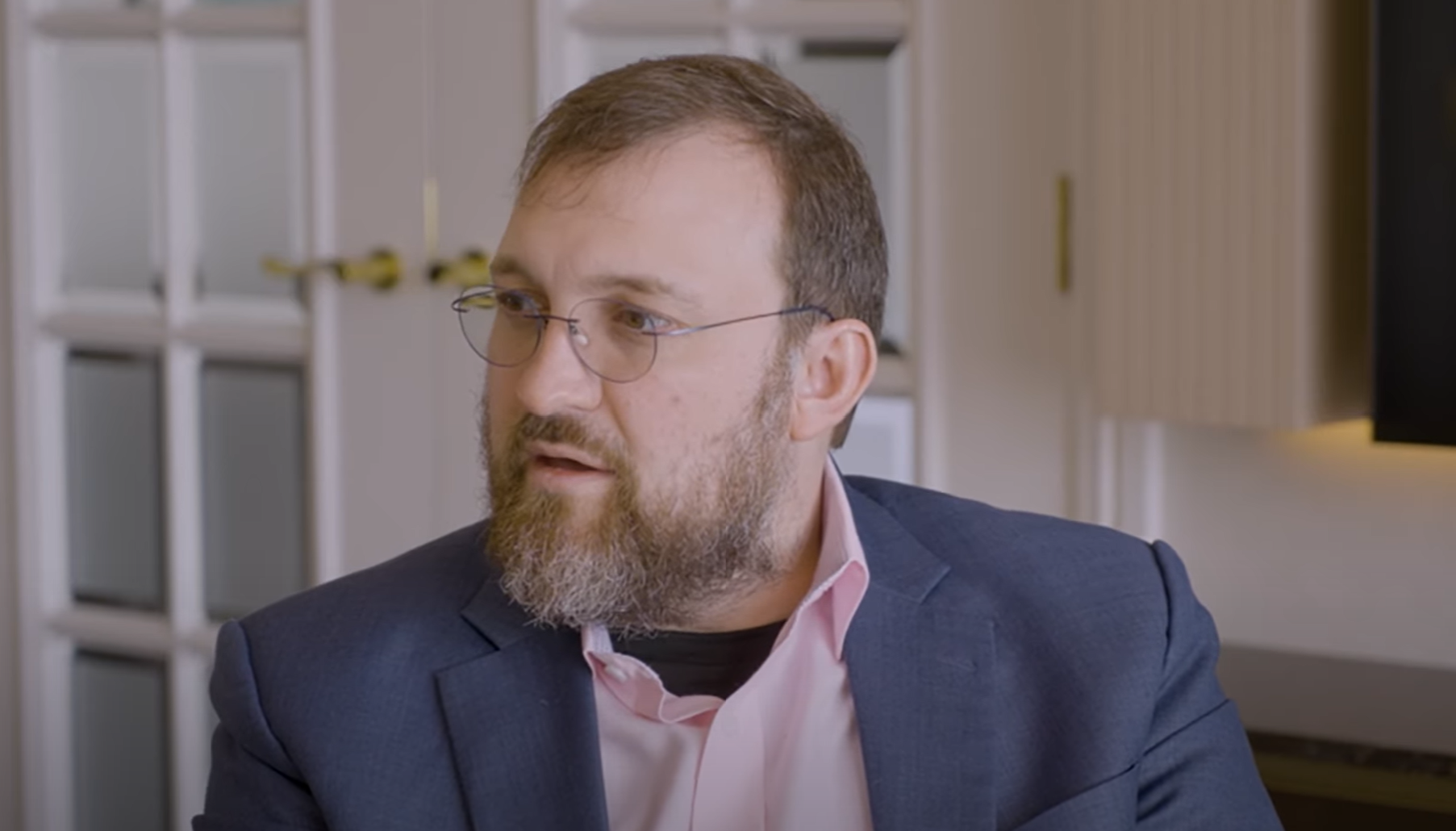This article is written by a student writer from the Her Campus at Kent State chapter and does not reflect the views of Her Campus.
Music has, for many years, been a significant contributor to a plethora of human cultures.
However, in the digital age, its significance has grown, expanding across many fields of human interaction, including relationships.
Music has grown to such a degree. It has established many groups of genres and sub-genres, each coupled with a sense of identity. Music genres come with subcultures that often serve as identifiable personality labels for many people. These subcultures often come with a sense of political ideology, fashion sense and a like-minded community.
Since music has surpassed most forms of entertainment today, it has ingrained itself into all forms of media, cinema, social media, advertisements, radio, podcasts and even print media. It has also become one of the most oversaturated forms of media, making it practically impossible to interact with all aspects of it. This forces people into these subcultures and sub-genres of particular communities. When people are in these communities, they tend to align themselves with the same beliefs, morals and lifestyles.
In the digital age, many forms of targeted media associate different song artists and genres with their content in particular. Like Republicans associating the song “YMCA” with the 2024 Trump Campaign, and the 2024 Harris campaign being associated with Charli XCX and the “brat” album.
 Sonja Flemming/CBS ©2025 CBS Broadcasting, Inc. All Rights Reserved
Sonja Flemming/CBS ©2025 CBS Broadcasting, Inc. All Rights ReservedThis is not a novel usage of music; for a long time, certain music genres have been associated with different political ideologies: certain punk movements associated with anarchism, rock music often being associated with followers of left-wing ideologies and country music aligning with both left and right-wing ideologies, depending on the sub-genre and time period.
While it is often true that “opposites attract,” having a differentiation in core beliefs, morals and lifestyle behaviors can cause strife in relationships. With the digital age ingraining certain music with particular forms of media, the music a person listens to can be a huge tell of what types of social media content they engage with, what movies they watch and fundamental aspects of their personality, fashion sense, politics, morals, friends, mood and behaviors. Knowing a prospective partner’s music taste can give you an insight to certain characteristics that may cause conflict down the line.
Subcultures can also create communities, making it easier to find like-minded people. If someone’s music taste aligns with a certain subculture, it is likely that they’ll have certain characteristics, making it easier to narrow down potential partners. One time I saw a guy wearing a shirt of my favorite band, “Alice in Chains,” so I went up to him to start a conversation. We ended up talking for hours, mostly about music, before making it official less than a month later. We found out that we have a lot of the same fundamental lifestyle choices and shared perspectives on life.
While a shared music taste may not be the end-all-be-all in a relationship, it is a helpful tool in narrowing down the dating pool to people with similar interests and compatible lifestyle choices.

.jpeg)




































 English (US) ·
English (US) ·